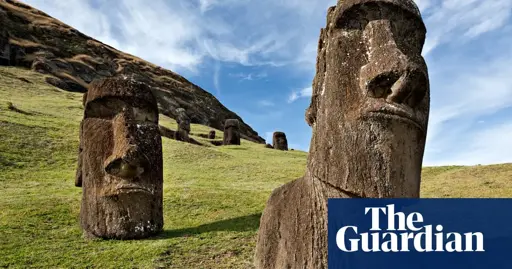For sure, seems to be less then zero interest in any sort of reformation? People won’t even wear a mask in a pandemic. Precautionary principal be damed?
https://www.nationalobserver.com/2024/06/14/opinion/science-civilization-collapse-environment-limits.
Rees bluntly states, “the human enterprise is effectively subsuming the ecosphere” and “wide-spread societal collapse cannot be averted — collapse is not a problem to be solved, but rather the final stage of a cycle to be endured.”



No, we don’t need to radically transform one, single society, we need to transform hundreds of separate, distinct societies. Yes, we live in a highly globalized world, but there is not one, global society, with one culture, language, nationality, government, legal framework, etc. There are nearly 200 independent nations on the planet, each with their own culture, needs, ambitions, goals, ideology, and beliefs, and many of these nations are in direct competition with one another. There are several nations directly competing, in a zero sum contest for global supremacy.
I suppose many people see US (or more broadly “Western”) global hegemony as essentially the same as a single global society, but that hegemony was not chosen by the world, it was imposed on them, and there are several nations aggressively trying to challenge and ultimately destabilize said hegemony.
How many of those 200 nations actually need to radically transform? Bhutan? Maldives? Other small, poor nations?
It’s the worst among polluters and resource thieves who need to change.
Many, if not most.
But I suppose that depends on where the threshold is, at which radical transformation becomes necessary. How poor and small does a nation have to be for it to be exempt from radical transformation?
And we’re so interconnected that radical change in big countries will change small ones too. Tourist-dependent economies will crash if the overdeveloped world decodes not to fly any more, for example.